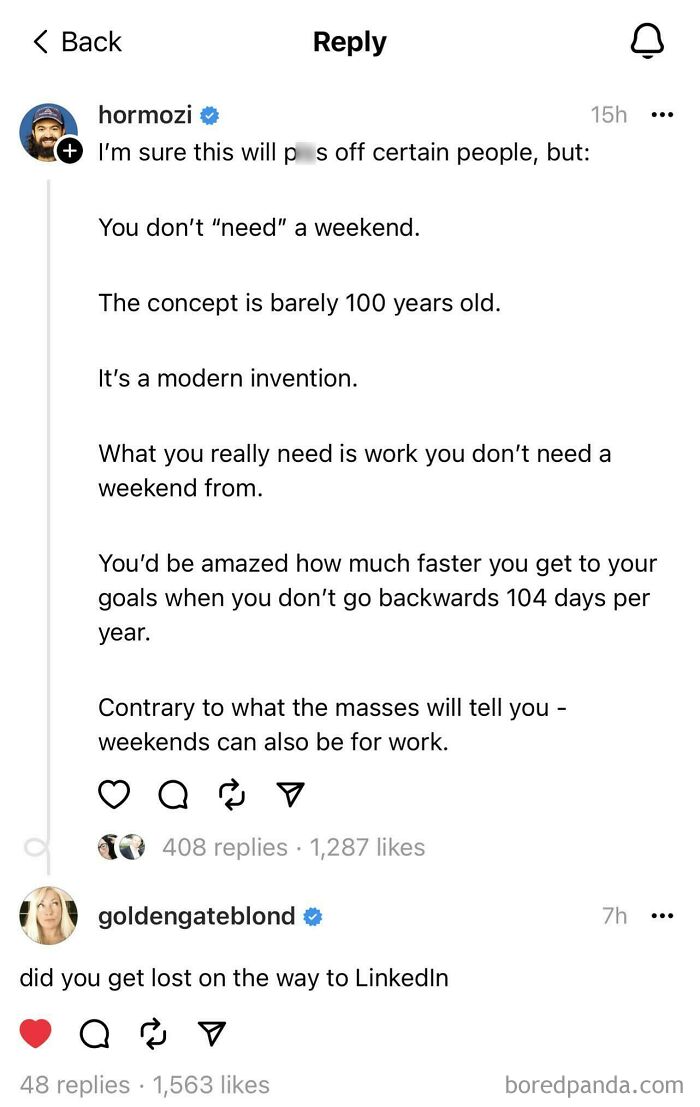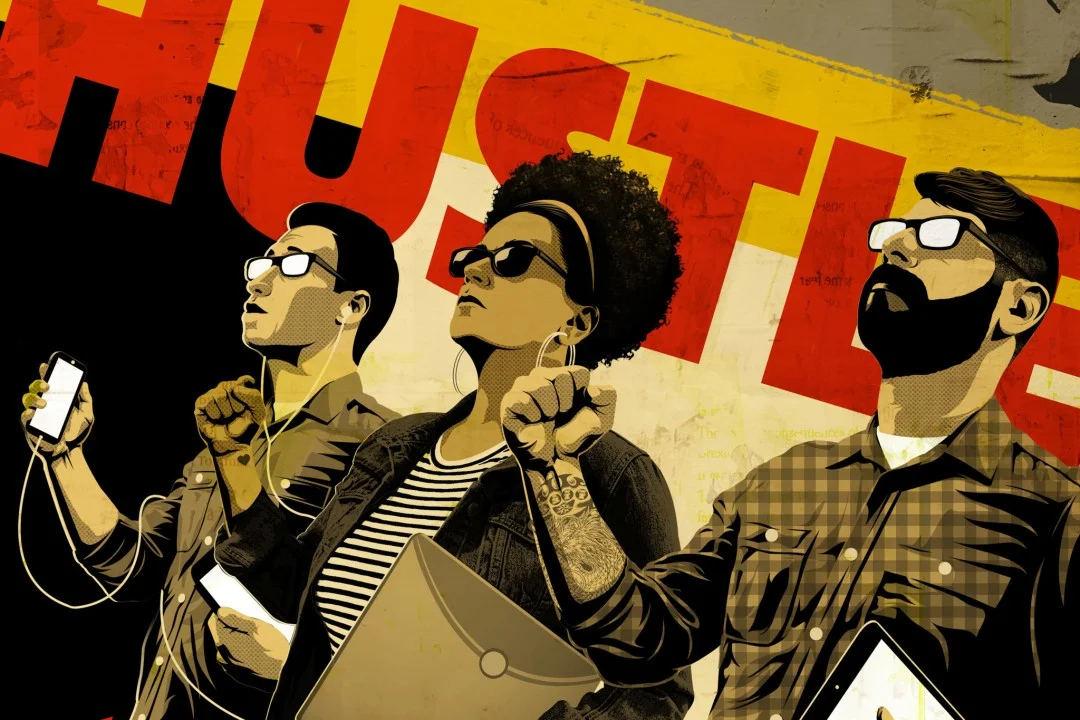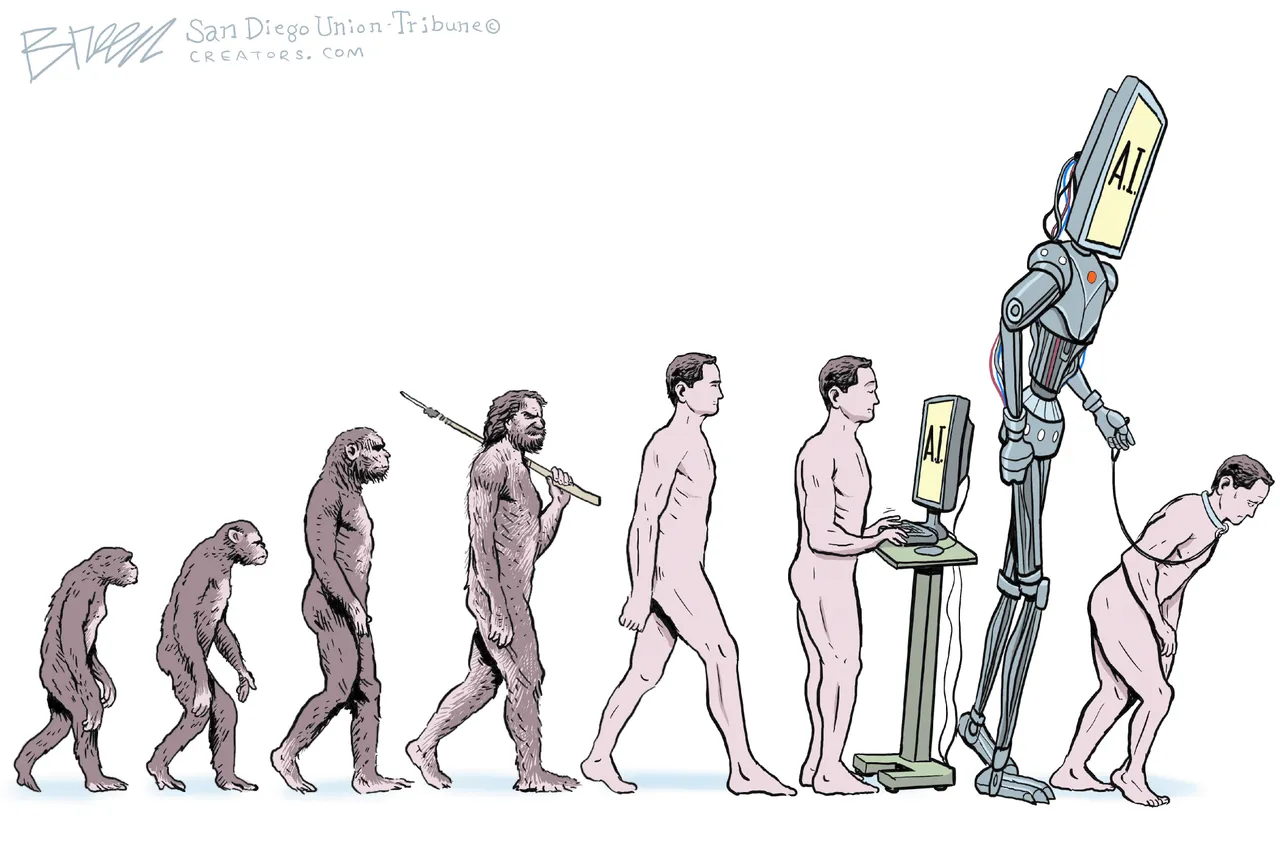As an entrepreneur, let me give you an insight to the start of my typical day:
- Wake up at 4.00am full of energy and ideas
- 100 push ups and a green power drink (think Batman in Dark Knight)
- I’m at my laptop on at 5.00am with 2 hours of blissful work ahead of me, simultaneously doing squats, learning how to code and tuning in to my favourite podcasts all whilst maintaining my beautiful biceps with some power curls
- 7.00-8.30 my kids and the uninitiated masses wake up to start their day (3 hours behind me)
Now of course, none of that is true. But this was the story peddled on social media for years, and what was popularly known as “Hustle Culture”.

The idea with Hustle Culture is that there is always more to strive for. More money, higher status, more power, higher ceiling to smash through with etc… We all saw the posts of entrepreneurs enlightening us to this approach.
Perhaps this made you feel inadequate? Perhaps this inspired you? Maybe you just didn’t believe it. Irrespective, it became a “thing” for a good few years.
When did this start, and why did it catch on?
It’s hard to pinpoint an exact time, but the rise of tech start ups founded by entrepreneurs and fuelled by the venture capitalists in silicon valley is probably as much, if not more, of an influence as anything else.
“Silicon Valley had an image of being a paradigm of the economy, at the cutting edge of technology. That leading position means that whatever happens in Silicon Valley gets expressed and spread elsewhere”
Nick Srnicek, a lecturer in digital economy at King’s College London
The image created here, and spread over the highly filtered and fictional world of social media, is that if you want to be a “go-getter” or aspire to get what these people have achieved, you need to devote yourself to work and sacrifice everything else to achieve it.
At one point it seemed our feeds were full of this, but something seems to have changed over the last couple of years, and I think there are a few reasons why:
- The Pandemic. Lockdowns, bubbles, eat out, stay in, wash hands and all that stuff changed our our relationship with work. Enforced time at home, rewiring the dynamics of home life, and managing that adjustment over a significant period of time changed social norms. In 2022, a pulse survey of 2000 US workers by Prudential showed 70% of US workers had prioritised or were considering prioritising their personal lives over their careers. What had largely been a previously unquestioned and imbalanced relationship between “people” and “work”, had now shifted.
- Generational Attitudes in Work. We’ve had Gen Z entering the workforce since mid 2010’s, and with that came an adjustment in expectations and values in relation to work. There is an excellent article that explores the research behind generational differences at work here. The rhetoric we’re often presented with is that Gen Z value flexibility, work life balance and remote work. They seek purpose driven work and have higher expectations than previous generations on inclusion and diversity. This shift in attitudes has been in the workforce for nearly 10 years already, and as they start to gain in status and influence in organisations, those values will change the approach to workplace culture. Devoting all of your life to work and neglecting your health/family and friends as a result is not as accepted by this generation.
- Societal Attitudes towards Exclusion at Work. One of my favourite moments of 2023 was the success of Pregnant then Screwed movement, leading to a bill providing better protection against maternity discrimination being passed in the House of Commons. The whole “Hustle Culture” was highly exclusive in it’s rhetoric, alienating parents and in the vast majority of cases, mothers. The amazing work of Joeli Brearley and others has been a huge part of that change in attitude. It was on the TV, in our news feeds, we heard debates on the radio, podcast discussions… it was everywhere for a period, and that stuff matters. It educates us as a society and brings a more informed perspective into society.
Thankfully, I see more parodies now of Hustle Culture than I do of actual examples, but they still exist and influential people still have much of their identity based on this concept.

So, where does this leave us, and what can we take from this as we navigate the future years of workplace culture?
Humans will always compare themselves to what’s around them. We are comparative creatures, we look at what people are doing/earning/enjoying around us and immediately compare what we have to that. You could be earning £200,000 per year but if your colleagues are earning £220,000 then you’ll feel hard done by and determined to bridge that gap. When the pandemic struck and we were all at home, our field of comparison changed, and I think that had an impact on our relationship and perspective about “hard work” and “hustle culture”. If the future world of work is more of a balance, some time in the office, some time at home/other places, then perhaps societies attitudes will remain more balanced than in previous generations.
The equation companies need to solve is human attention and engagement, not hours and units. The world of work is all about solving problems we’ve never solved before, facing challenges and contexts that are changing fast and doing so in an environment where technology is pushing us every single day. To navigate all of that, business leaders need to value one thing and one thing alone – the cognitive ability of their people. The vehicle to deliver that cognitive ability is through allocation of attention, which is powered by motivation and engagement. So you need your people to want to work, to feel committed to work and to be able to do work in an environment that enables them to be at their best. There isn’t much in our past world of work that provides the blueprint for that…, so it needs rethinking and experimentation.
There will be another movement. From “Hustle Culture” we went to “Quiet Quitting”. From “Quiet Quitting” we went to the “Great Resignation”. There have been others and there will be more. With social media comes a platform to voice opinions and influence large numbers of people. Stories can catch attention at scale rapidly, spreading like wildfire across platforms. And they will do so if large numbers of people can relate to the message. How these movements affect your employees will largely depend on the culture you have created. You cant control this, but you can create a climate where people feel heard, listened to and valued. The data behind the Quiet Quitting movement, and the impact on Engagement was huge, and we’re still seeing the impact of that today. We cant be complacent and lazy about culture anymore. Society wont accept it!



